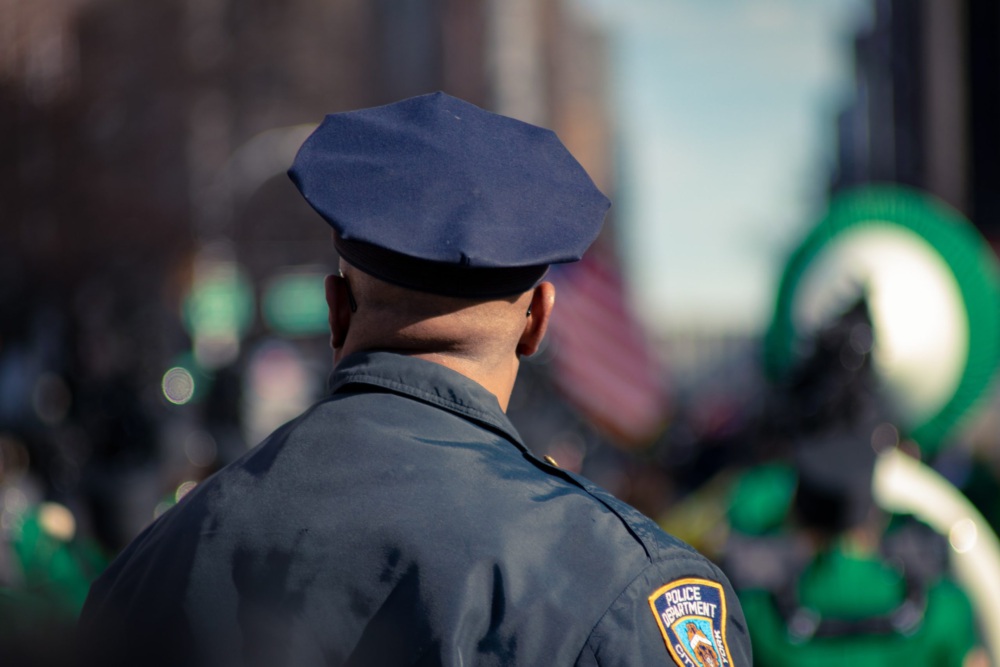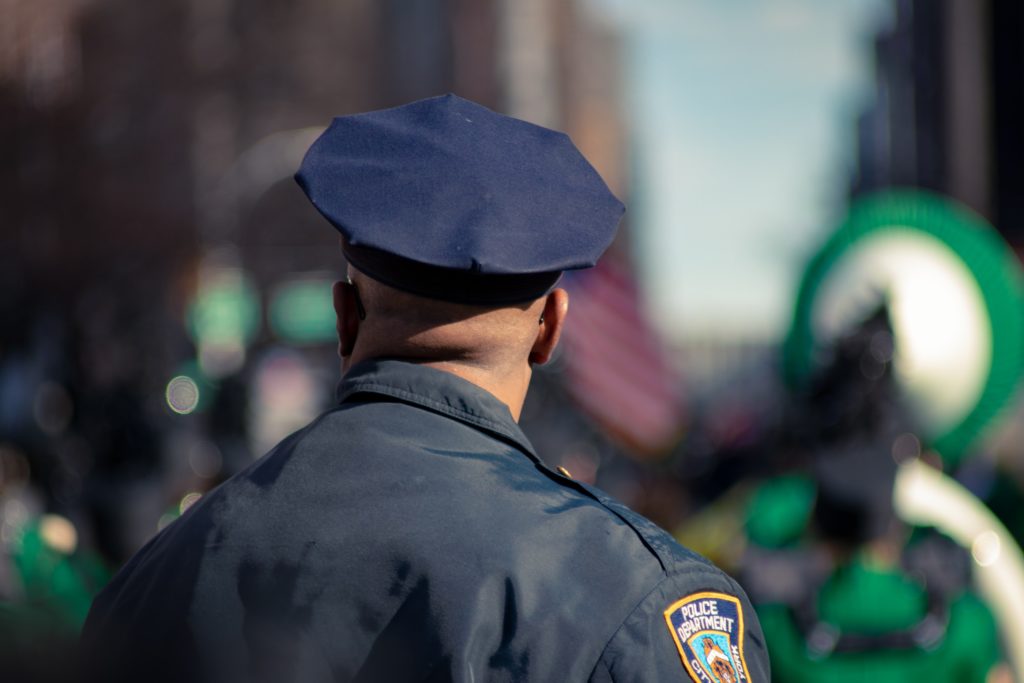More Cop Convictions Won’t Stop Racist Police Violence
April 28, 2021

April 28, 2021
![]()
Last week, as people across America waited for a verdict in Derek Chauvin’s trial, police in Ohio murdered a 16-year-old girl, Ma’Khia Bryant. As Chauvin was found guilty on three counts for murdering George Floyd in Minneapolis, Ma’Khia Bryant lay dead in the street in Columbus.

While we should hope that Chauvin’s conviction brings some peace and healing to George Floyd’s family, friends, and the broader Minneapolis community, Ma’Khia’s murder reinforced a disturbing reality: individual convictions are irrelevant to the movement to end police violence.
Cops will continue to overwhelmingly target, harass, and kill Black and Brown people so long as there are cops-but throughout Chauvin’s trial, the police worked hard to reject that notion. They attempted to isolate Chauvin and dismiss his behavior as aberrant and irregular in order to salvage the credibility of policing,
Accepting their premise-that Chauvin was a rogue cop, and that his conviction represents an important blow in the fight for justice-threatens to undermine a radical movement to abolish the police.
If Chauvin is just a rogue cop, operating outside of the system, policing can still be legitimate, and people may be led to believe that we don’t need to defund the police on the way to abolishing them. Rather, they may be left with the reformist impression that we just need to identify these rogues earlier and maybe sprinkle in a little anti-bias training along with some de-escalation training to prevent the next incident of police violence.
Policing is violence. It is legal for cops to stop you, ticket you, arrest you, beat you, teargas you, and kill you so long as they say a few magical legal words, and reserve their most violent acts for poor people and people of color.
Believing Chauvin is a rogue cop requires us to believe that what he did was out of the ordinary. To believe that version of the story, you have to ignore all that you know about how police actually work and buy into the idea that cops do not normally police the most minor of transgressions, sparking needless, adversarial interactions; and you have to believe cops do not normally kill people as a result of those interactions.
Of course, nothing could be further from the truth. Policing is violence. It is legal for cops to stop you, ticket you, arrest you, beat you, teargas you, and kill you so long as they say a few magical legal words, and reserve their most violent acts for poor people and people of color.
If anything, Chauvin is policing in its most banal manifestation, dealing out death and devastation to poor people and communities of color. This behavior is built into policing’s foundation; America’s first police forces were conceived as a tool to maintain the country’s racial and class hierarchies-a purpose they serve diligently today.
The problem with policing is and has never been rogue cops or bad apples. The problem is the police and the entire system that upholds and defends their violence. When police, media figures, and politicians tell you that justice has been served for George Floyd, we must reject this notion; accepting it means ignoring fundamental questions that implicate America’s institutions and the people who run them: Why do cities spend more than 50% of their budget on cops? What does an expired license plate have to do with public safety? Why do we incarcerate more Black men than South Africa at the height of Apartheid? Why do we allow private companies to exploit the people we cage by making phone calls 50 times more expensive in jail?
The Chauvin verdict raises none of these questions, and a conviction doesn’t solve any of them. Until we attempt to answer these questions, we will not have justice; until we dismantle and abolish this racist criminal legal system, it will continue to rip precious lives, like Ma’Khia Bryant and George Floyd, from our communities.
